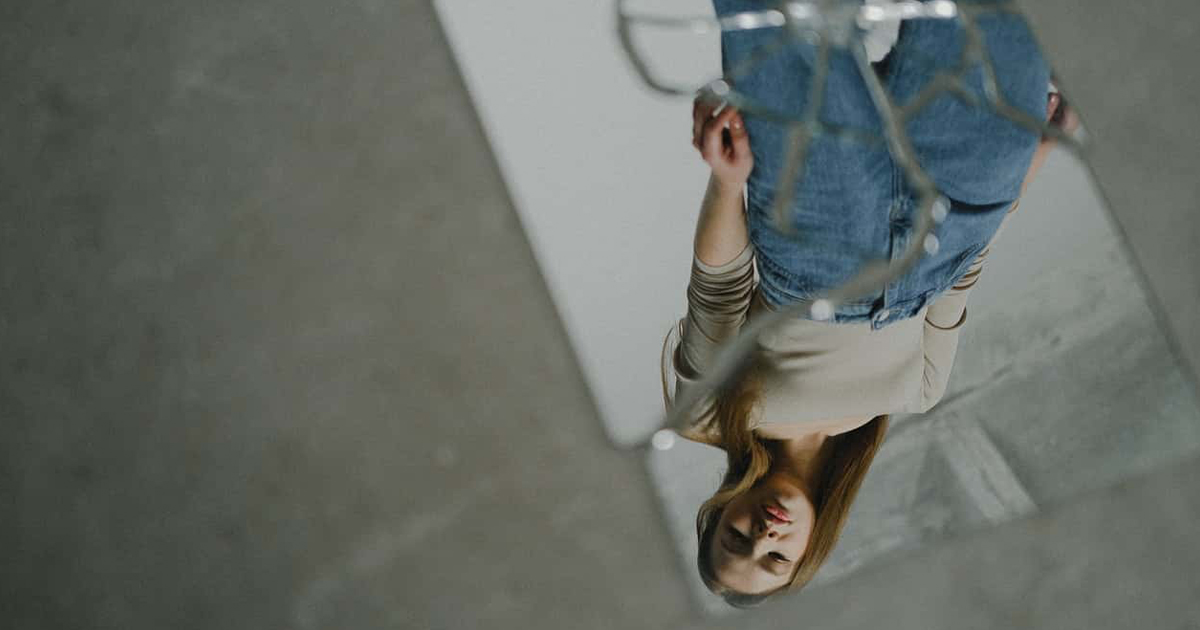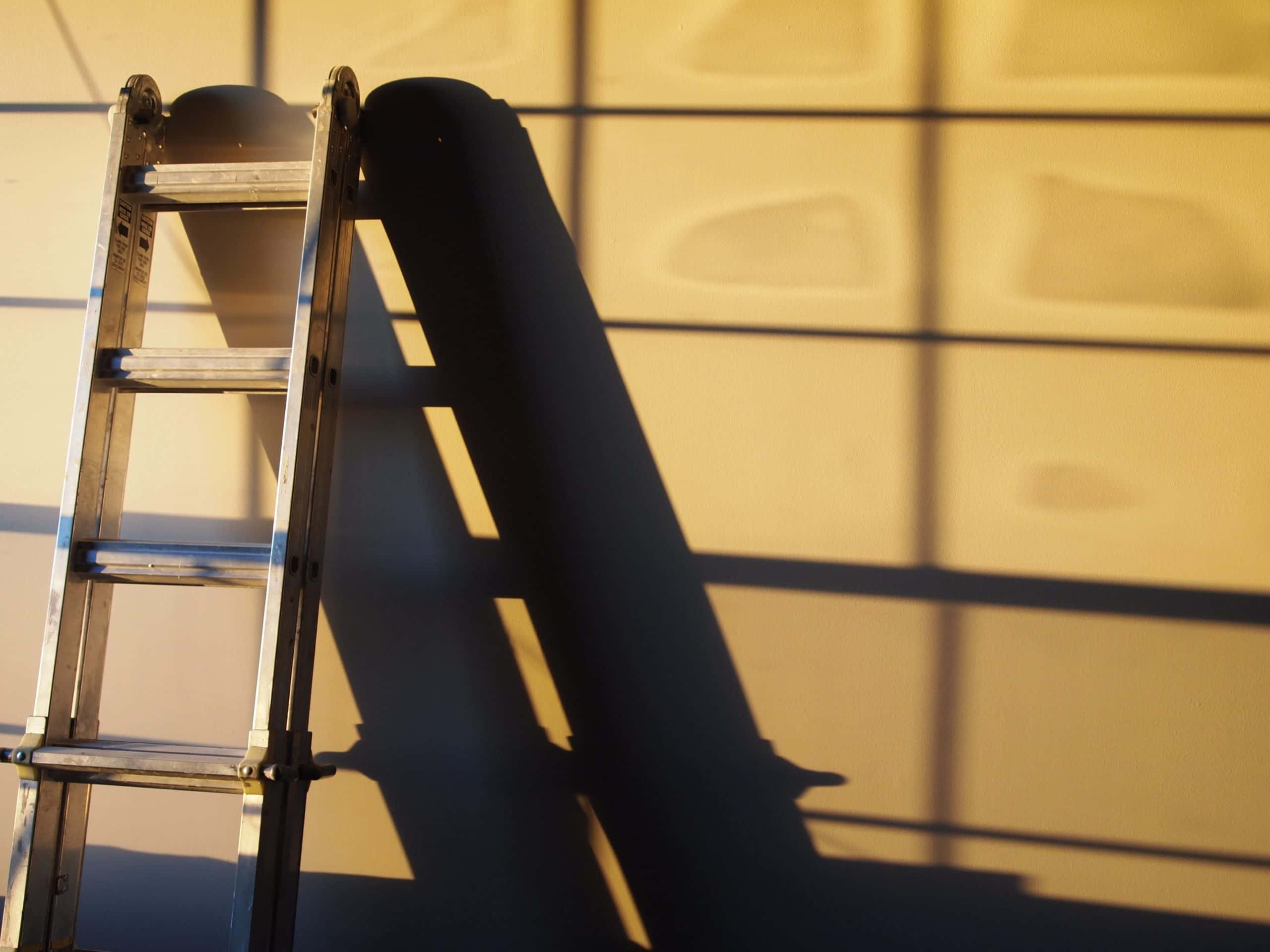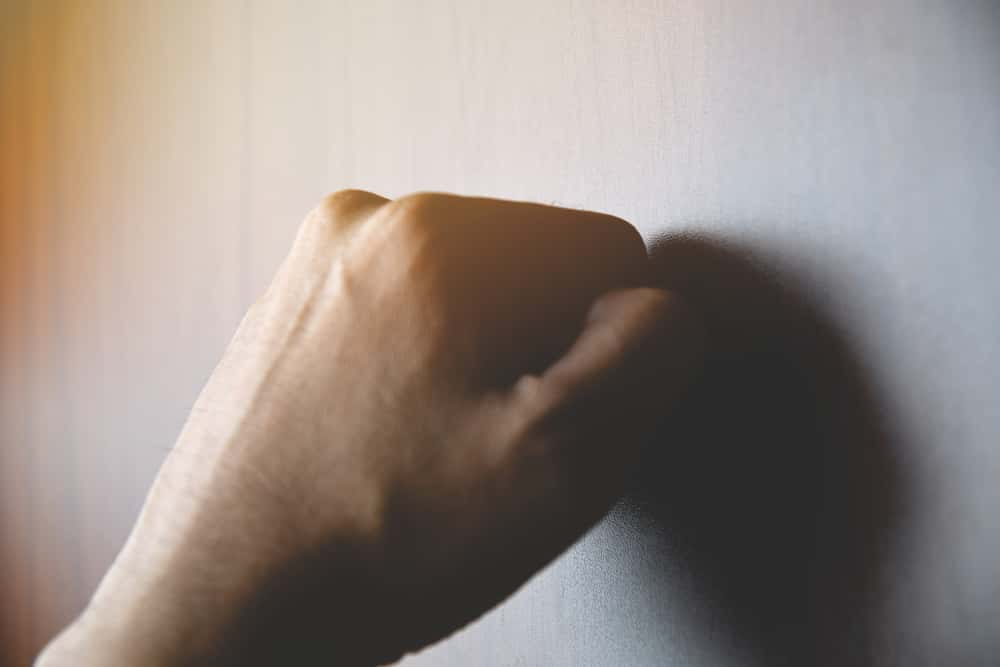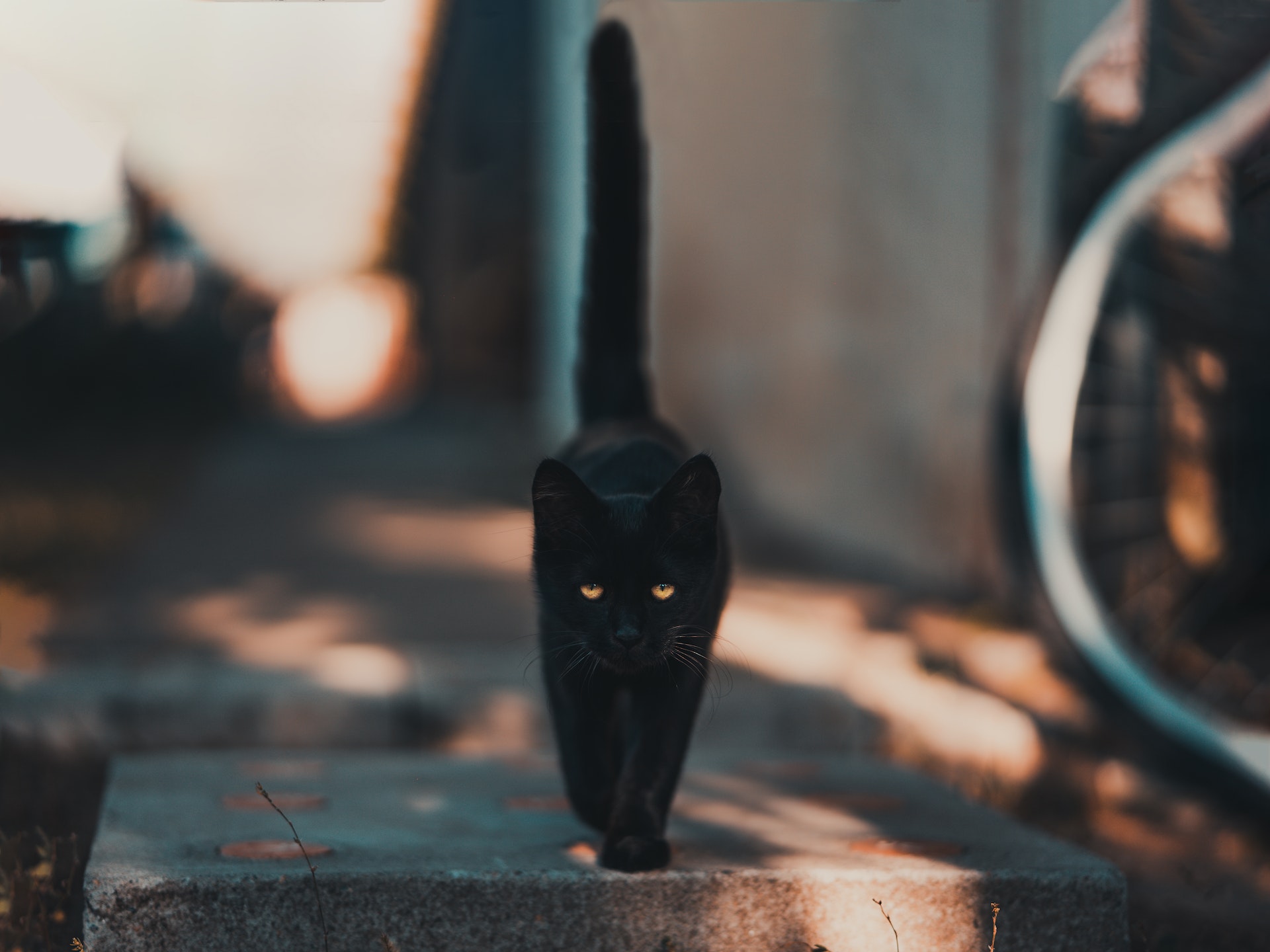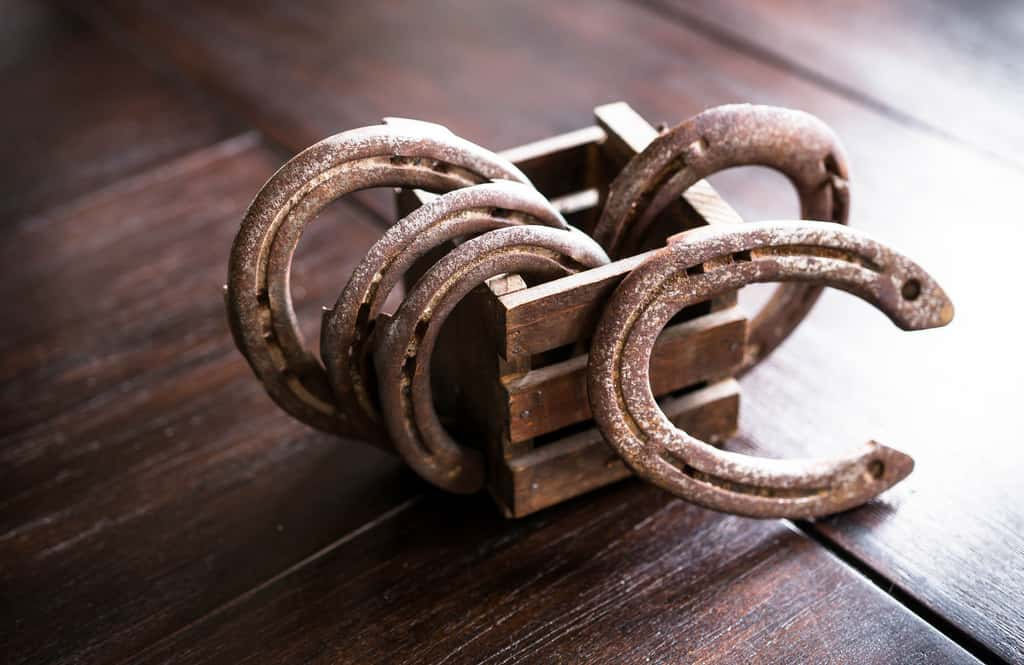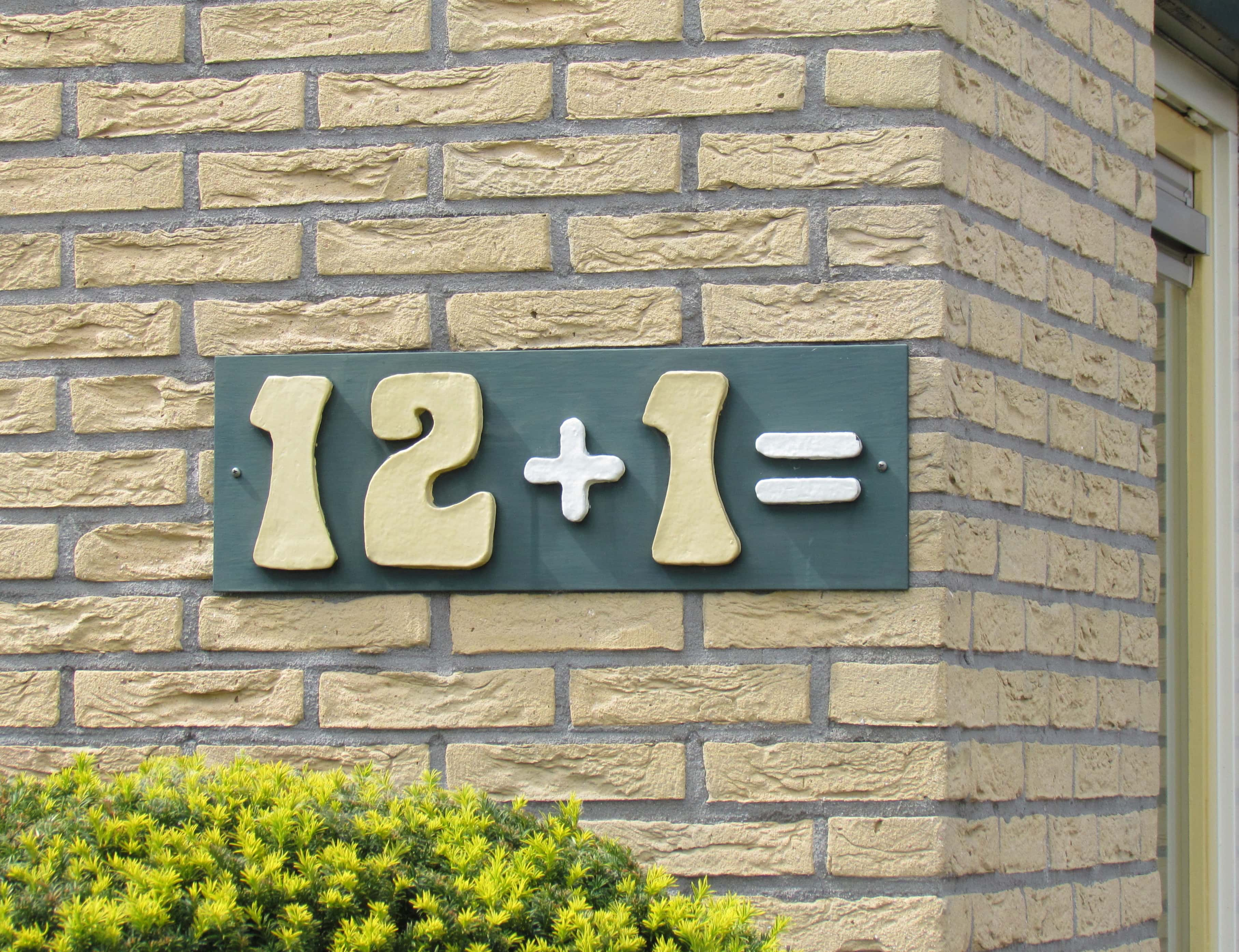Unbelievable Yet Entertaining: The Most Ridiculous Superstitions

Superstitions have been a part of human culture for centuries, influencing behavior and beliefs in nearly every corner of the world. They serve as fascinating insights into the fears, hopes, and psychology of our ancestors.
Though some superstitions have plausible explanations, others seem downright ridiculous in today's modern age.
Let's dive into 10 of the most bizarre superstitions that people swear by, even today.
Walking Under a Ladder
Walking under a ladder has been considered bad luck for a long time, stemming from ancient Egypt. Egyptians believed that triangles, with their three sides, represented the trinity of the gods.
When a ladder leans against a wall, it forms a triangle, and walking through it would be considered trespassing on the gods.
As civilizations progressed, this superstition found its way into other cultures and has stuck around as a common cautionary action.
Breaking a Mirror Brings Seven Years Bad Luck
This superstition has its roots in ancient Rome. Romans believed that a mirror could confiscate part of a user's soul. If broken, it would take the soul seven years to renew itself.
Until then, the fractured soul would bring about misfortune. Thus, the notion of seven years of bad luck from a broken mirror became ingrained in cultural beliefs.
Knocking on Wood
Ever said something optimistic and then knocked on wood? This act is believed to prevent jinxing oneself.
The origins are somewhat muddy, but many suggest it’s because ancient pagans believed spirits resided in trees.
By knocking on wood, one would either awaken these spirits for protection or prevent evil entities from listening in.
Black Cats Bringing Bad Luck
In medieval Europe, especially during the witch hunts, black cats were often associated with witches and were believed to be their shape-shifted forms or companions.
Crossing paths with a black cat, therefore, was seen as crossing paths with evil, potentially bringing misfortune. In contrast, in some cultures, black cats are considered lucky!
Tossing Salt Over Your Left Shoulder
Spilling salt has been considered bad luck for millennia. The superstition suggests that by tossing a pinch of the spilled salt over your left shoulder, you’re warding off bad luck.
This might be tied to the idea that the devil sits on your left shoulder, and by throwing salt at him, you blind and ward him off.
Opening an Umbrella Indoors
Opening an umbrella indoors is thought to bring bad luck. This superstition might have practical origins: open umbrellas indoors could knock over valuable items or poke someone.
Over time, these practical concerns turned into beliefs about bad omens.
Horseshoes as Lucky Charms
Hanging a horseshoe above one's door is believed to bring good luck. Its crescent shape resembles the moon, which ancient cultures, including the Greeks and Romans, considered a symbol of fertility and good fortune.
The iron in horseshoes was also believed to ward off evil spirits.
Avoiding the Number 13
Fear of the number 13 is so prevalent that many buildings skip the 13th floor!
Triskaidekaphobia, or the fear of the number 13, might be rooted in Christian beliefs, especially considering the Last Supper, where the 13th guest, Judas, betrayed Jesus.
Over the centuries, avoiding the number 13 has become a global phenomenon.
Sign Up For Our Newsletter
Stories that matter — delivered straight to your inbox.
Whistling Inside a House
In many cultures, whistling indoors is considered bad luck. This superstition might stem from the belief that whistling can attract unwanted spirits or that it's a sign of disrespect towards the household's spirits or ancestors.
Carrying a Rabbit's Foot for Luck
The tradition of carrying a rabbit's foot for luck has Native American origins, where the rabbit's swift nature and ability to evade predators was admired.
The foot, as a symbol of the rabbit's swiftness and cunning, was believed to bring luck to its carrier.
Final Thoughts
Superstitions provide a window into our human need for ritual, structure, and explanations for the unknown.
While many might sound strange or outlandish in our digital age, they still serve as a reminder of our shared history and the ways in which beliefs can transcend time and borders.

